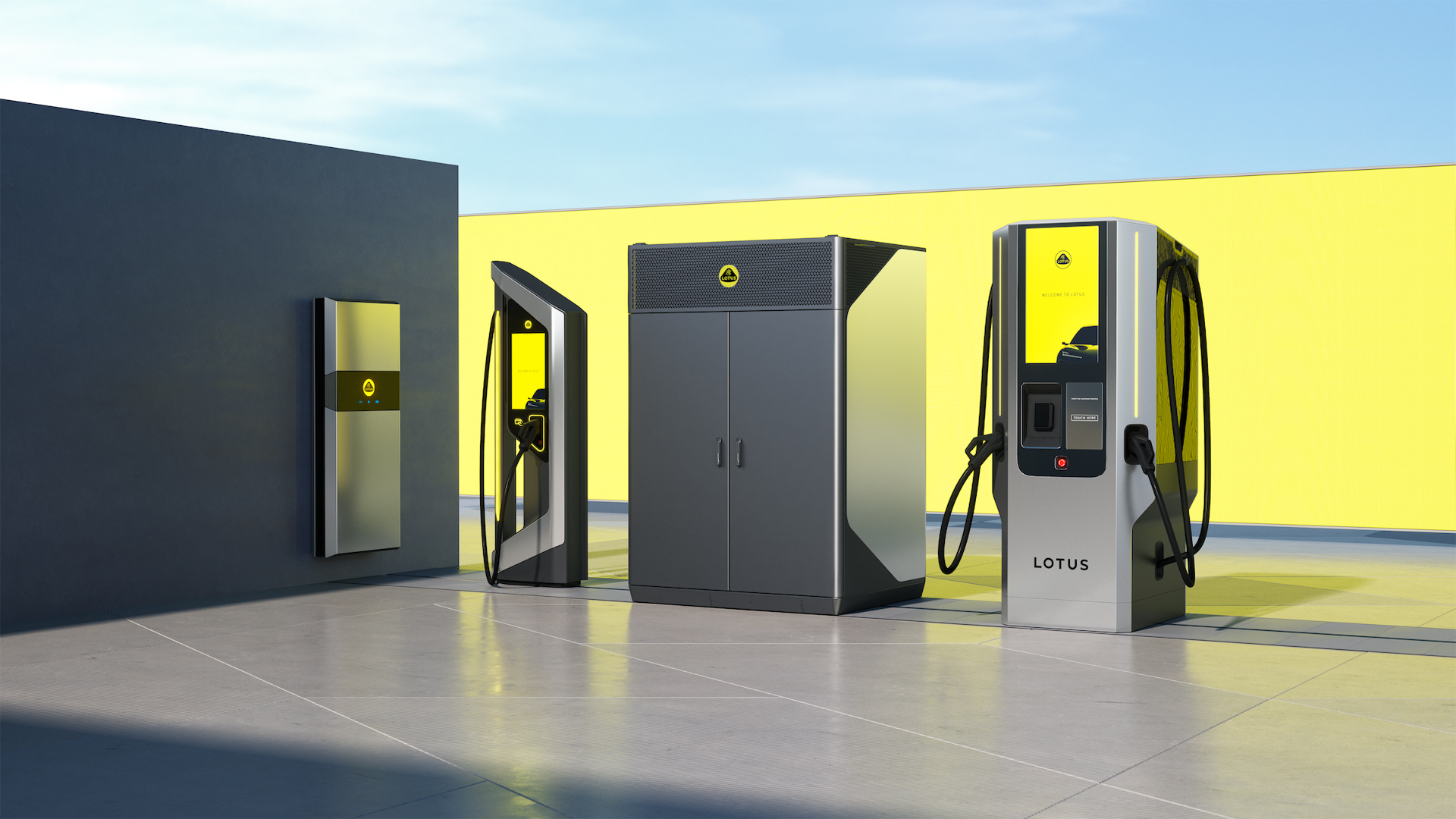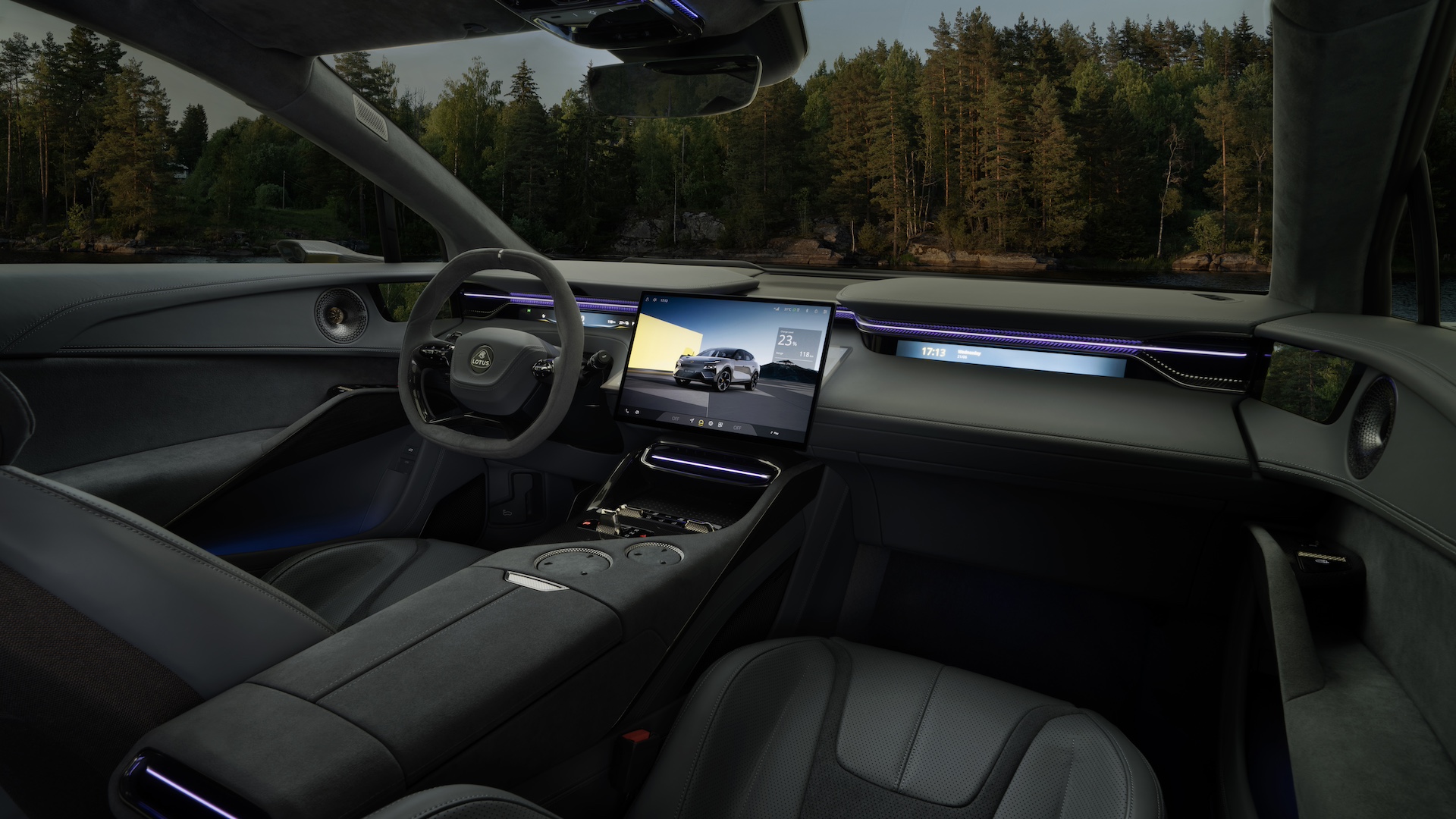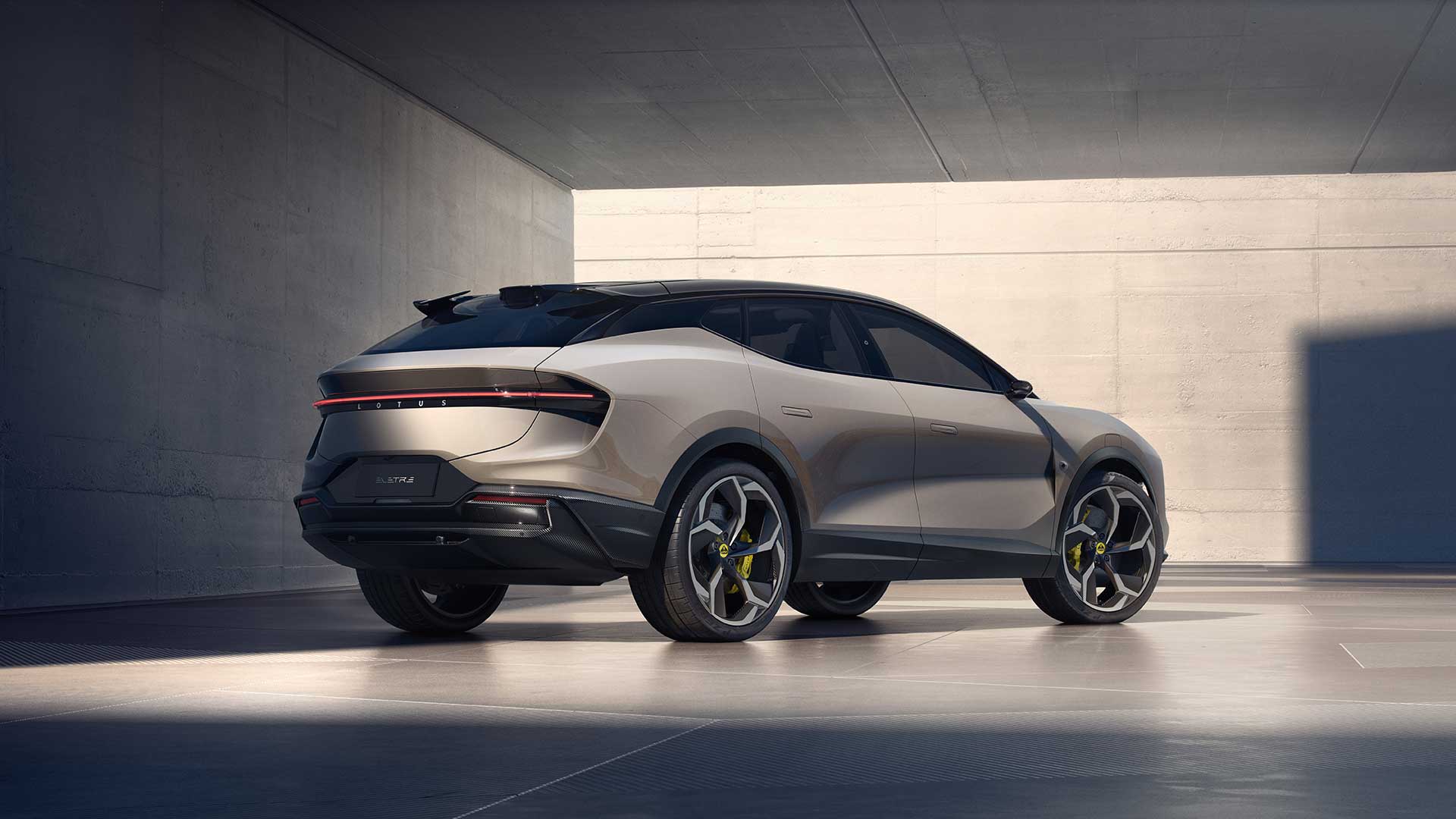Lotus aims to beat Tesla at its Supercharger game with water-cooled EV chargers
Water-cooled outlets could add 88-miles of range in five minutes

If you’ve been keeping a close eye on EV news of late, you'll have seen that Tesla is making a pretty penny selling its Supercharger technology to energy providers and businesses keen on accelerating the electric vehicle charging network.
But just like the fierce competition Tesla has recently faced in the EV market, it's also now about to do battle with big name rivals over its charger technology, as they too attempt to shape the way we charge in the future.
Lotus, which once made lightweight sports cars from a factory in Norwich, is now part of the Chinese-owned automotive multinational Geely, a firm pumping billions into the development of EV technology. The latest fruits of its labor are ultra-fast charging stations that are capable of delivering 450kW to those vehicles equipped to accept that level of power.
One such vehicle is the Geely-influenced Lotus Eletre R, which the company says can add up to 88.5 miles (or 142 km) of range with approximately five minutes of charge, "making this one of the most competitive electric vehicle chargers", Lotus claims. It holds true, seeing as some of the fastest chargers currently in use can deliver a mere 360kW.

Due to the sheer amount of electricity coursing through the system, Lotus has developed a Liquid-Cooled Power Cabinet, which is "suited for spaces that require high energy in order to increase efficiency and minimize charging time, such as motorway rest stops," Lotus says.
There is also a more compact Liquid-Cooled Charging Unit that can charge up to four vehicles at once, but it is designed to offer a variety of speeds for those cars that aren't equipped with the 800V charging hardware that allows for the fastest charging times.
Harnessing a liquid to act as a coolant means Lotus can provide the fastest charging speeds safely, while opting for the lofty heights of 450kW means Lotus has future-proofed its charging offering for customers.
Get daily insight, inspiration and deals in your inbox
Sign up for breaking news, reviews, opinion, top tech deals, and more.
Despite this, Lotus says its network will be open to vehicles from other manufacturers, stating that the fast-charging technology is already being rolled out in China, with Europe and the Middle East set to receive it in the second quarter of next year (in other words, sometime between April and June). Lotus says further markets will be announced “in due course”.
The need for speed

As the old adage goes 'a rising tide lifts all boats', and news that more manufacturers are getting onboard with faster charging solutions will only shore up consumer confidence in electric vehicles as a genuine alternative to fossil fuels.
Currently, one the of the biggest bugbears aired by EV owners is slow charging sessions and lengthy waiting times at increasingly busy charging outputs. Getting EVs through these stations as quickly as possible is going to be one of the most important factors in seamlessly transitioning from the internal combustion engine to electricity alone.
Tesla’s current V3 Supercharger can deliver peak rates of 250kW per car, which has the ability to add around 75 miles in five minutes – already mightily impressive. The Lotus offering will add an additional ten miles in the same timeframe.
It might not sound like much, but compared to current charging times, this will drastically reduce the amount of time EV owners are idly sipping coffee, stressing about how late they will be for an impending meeting.
You might also like

Leon has been navigating a world where automotive and tech collide for almost 20 years, reporting on everything from in-car entertainment to robotised manufacturing plants. Currently, EVs are the focus of his attentions, but give it a few years and it will be electric vertical take-off and landing craft. Outside of work hours, he can be found tinkering with distinctly analogue motorcycles, because electric motors are no replacement for an old Honda inline four.